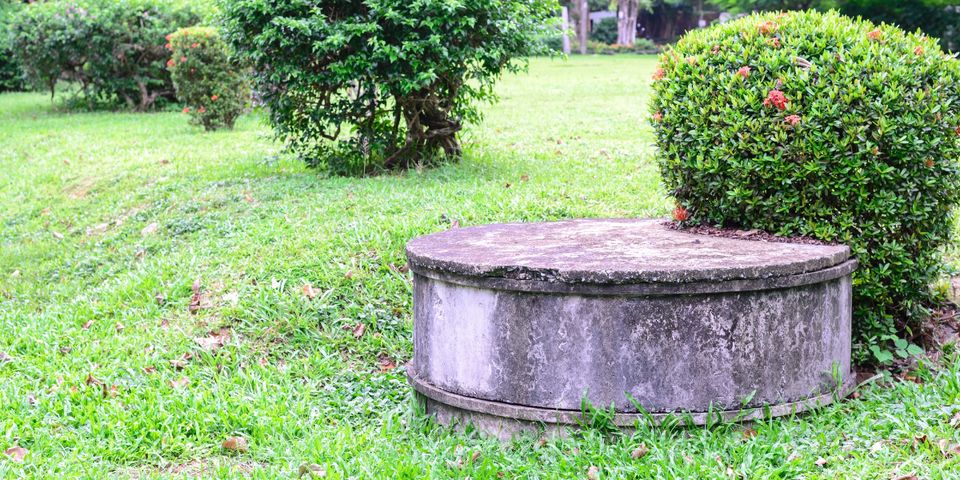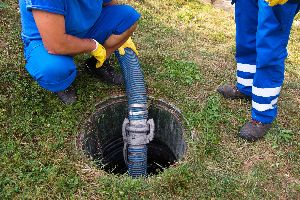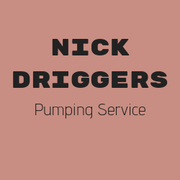What to Expect During a Septic Tank Inspection

Your septic tank has many parts and systems that need to work together to keep wastewater flowing smoothly to your drain field. To keep your system functioning smoothly, it's important to schedule regular septic tank inspections that can identify any signs of damage. There are three types of inspections you can request, so here’s what you need to know about each one.
Visual Septic Tank Inspection
A visual check is the least intensive and simplest option. Your provider will look over the aboveground parts of your septic system for any noticeable problems, such as signs of a leak or an oversaturated drain field. Many septic companies offer this service during pumping, or you can schedule it yourself if you’ve noticed concerning signs like unexplained odors or standing water on the property. You can also request a dye test, which involves a professional adding colored dye to your wastewater so that they can test how efficiently water is moving through the system.
Basic Septic Tank Inspection

Also called a level two inspection, this process includes everything covered by a visual check. In addition, your provider will open the septic tank, which may involve digging it up depending on the style of system you own. They’ll check the levels of waste inside, pump the tank out, and look at the condition of the tank once it’s empty, checking for leaks and signs of wear. They may also run water and flush toilets in your home to test how the system responds.
Full Septic Tank Inspection
A level three check is common when buying or selling a property to help you get a full picture of the home’s value and identify any septic problems that need fixing. In addition to all the steps covered in the other types of inspections, a full check also includes drain field testing. Your provider may dig holes to examine and test the soil, ensuring water is flowing through it correctly.
For reliable septic tank inspections, call Nick Driggers Pumping Service. Based in Greensboro, NC, these licensed and insured professionals are available 24/7 for emergencies and use sustainable, environmentally friendly disposal methods. Call (336) 215-4408 or visit their website to get an estimate.
About the Business
Have a question? Ask the experts!
Send your question

